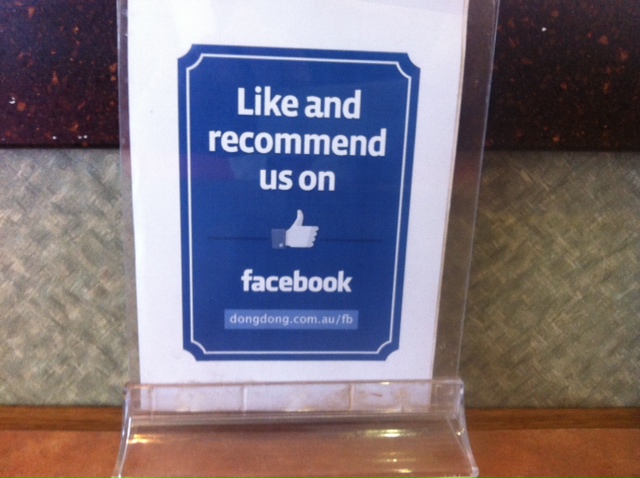The New York Times yesterday announced they will be abolishing their Public Editor role while opening up more of their articles to readers’ comments, a big shift in trends over the past decade.
One of the internet’s broken promises was how allowing the audience to comment would usher in a new era of accountability and democracy.
Sadly, it became apparent giving readers carte blanche opened a sewer of abuse, misinformation and libel. Faced with a whole range of risks, not to mention the psychological damage faced by staff members trying to engage with the public, most media organisations chose to be selective about the articles they opened comments on.
Now the New York Times proposes to re-open most of their articles to readers’ comments.
We are dramatically expanding our commenting platform. Currently, we open only 10 percent of our articles to reader comments. Soon, we will open up most of our articles to reader comments. This expansion, made possible by a collaboration with Google, marks a sea change in our ability to serve our readers, to hear from them, and to respond to them.
That the NYT is teaming with Google to enable readers’ comments is interesting – will the search engine giant be applying AI to the moderation or is this another attempt to pump life into their failed social media and identity service? It remains to be seen.
Also what remains to be seen is if removing the Public Editor role affects journalism standards at the Times. The position at the newspaper was established in the wake of the Jayson Blair scandal to oversee the organisation’s output and hold editors and journalists accountable for oversights.
In the era of social media and an empowered readership, the New York Times’ publisher Arthur Sulzberger now believes the Public Editor role is redundant.
The public editor position, created in the aftermath of a grave journalistic scandal, played a crucial part in rebuilding our readers’ trusts by acting as our in-house watchdog. We welcomed that criticism, even when it stung. But today, our followers on social media and our readers across the internet have come together to collectively serve as a modern watchdog, more vigilant and forceful than one person could ever be. Our responsibility is to empower all of those watchdogs, and to listen to them, rather than to channel their voice through a single office.
So the comments section now becomes part of the editorial process, it will be an interesting experiment.
In some respects, the New York Times’ embrace of social media feedback is a reflection of what many other organisations have done in other industries with ‘social listening’.
The theory is paying attention to what customers say online gives management immediate feedback, however practice has shown most organisations lack the internal communications systems to take advantage of this. It also appears most executives care little about what the public thinks of them which negates the ‘people power’ aspect of social listening.
If the Times can get this right, it will make the media outlet more responsive and effective. However history isn’t on their side.
Similar posts:





